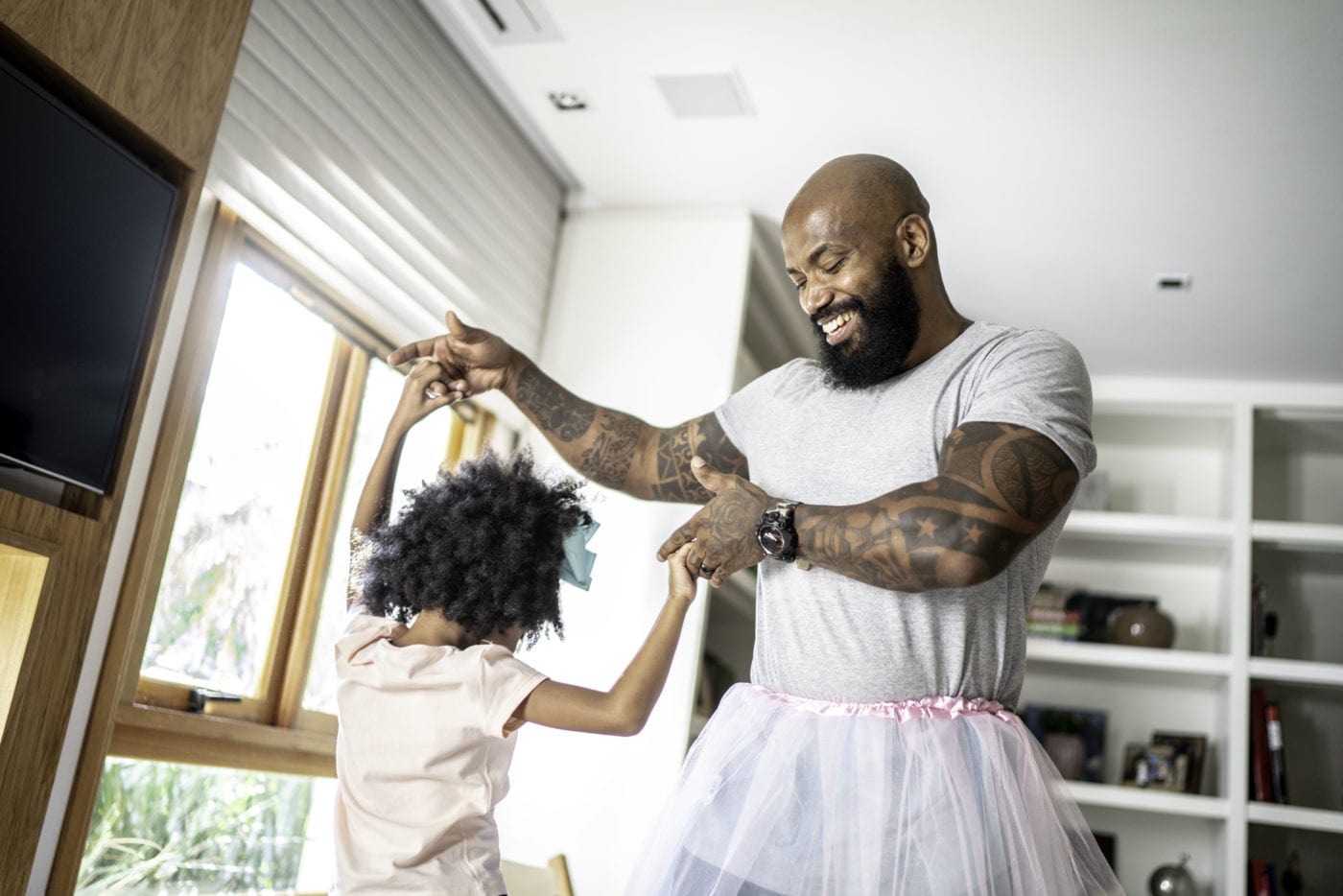Mason’s dad stood over him and said sternly, “You disobeyed me.” His father’s words snapped like a whip, making the young boy flinch. His disobedience was putting the cat bowl in the wrong place. “Hickory,” his dad commanded. That miserable word meant Mason had to go to the hickory tree in the front yard, cut off a branch, and fashion a stick so his dad could beat him with it. It had to be hickory wood because of its strength and flexibility, something Mason and his siblings were taught thoroughly. As he walked to the tree, he could feel himself shut down, a common practice he developed to separate himself from the pain. He doesn’t remember the beating well, but he does recall having to wear jeans to school the next day to hide the wounds. The jeans rubbed against the scabs, reopening the cuts, and by the end of the day, he could feel the blood trickling down his legs.
Mason has done a lot of work to heal from the abuse of his childhood, which is why he allowed me to write about it. It’s been almost 40 years since that day, and he still has the physical scars. It’s easy to see the dysfunction in this story, but it’s not always this extreme or clear. We all are dysfunctional in one way or another. But are we being intentional about being the healthiest versions of ourselves, or do we give in to our dysfunction? Our families will only be as healthy as we are. Our dysfunction can cause wounds, arrested development, and trauma for kids. We can save them from that with these 5 ways to avoid becoming a dysfunctional family.
1. Expose and deal with underlying issues.
Unaddressed hurt and ingrained dysfunction will lead to unhealthy ways of thinking and behavior. If your parents were dysfunctional, it’s important to unpack it, especially how it affected you. You may not repeat their behavior, but a lack of awareness and unhealed wounds can cause bad habits, overreactions, codependency, addiction, and a host of other destructive behavior. Continuing the legacy of a dysfunctional family is the last thing you want to do. Gain insight by learning from experts and seeking out counseling.
2. Be open and honest.
One of the worst things you can do is hide dysfunctional behavior or minimize its impact. It’s like putting a corpse under the rug in your living room. The stench will just get worse and worse. In his book Leadership Is an Art, Max DePree said the number one job of any leader is to define reality. We have to be honest about destructive thinking and behavior, or it will take hold of our families.
3. Accept responsibility.
The highest functioning people in this world are the ones willing to accept responsibility for their actions. They also explore and do their utmost to understand the pain they’ve caused so they can make amends and never repeat the same mistakes. Accepting responsibility grows our maturity, empathy, and wisdom.
4. Confront inappropriate or bad behavior early and often.
Seeing unhealthy behavior is only a part of the battle. The tougher part may be calling it out. It’s a risk to call out bad behavior. There’s confrontation and discomfort involved, which is why it takes courage. Model this to your kids not only by consistently calling out their bad behavior but your own as well. Tell them what you did wrong, apologize, and ask for their forgiveness. That will mean more to them than anything. That’s something Mason’s dad ended up doing many years later.
5. Forgive and reconcile.
Some people are toxic and unsafe, including family members. They make reconciliation dangerous, and for the sake of your well being, you need to walk away. But there’s never a reason not to forgive. This releases you from holding anything against the person. Jesus said in Mark 11:25, “And when you stand praying, if you hold anything against anyone, forgive them, so that your Father in heaven may forgive you your sins.” If we want to be forgiven, then a good practice is to forgive others. Show this to your kids.
Then, unless it’s unsafe, we need to work toward and model reconciliation. When somebody commits a wrong against us, we need to do our best to restore the relationship. As Hebrews 12:14 says, “Make every effort to live in peace with everyone.”
Sound off: What are some other ways you can avoid becoming dysfunctional family?











Huddle up with your kids and ask, “Why do you think it’s important for each person to accept responsibility for his or her actions?”